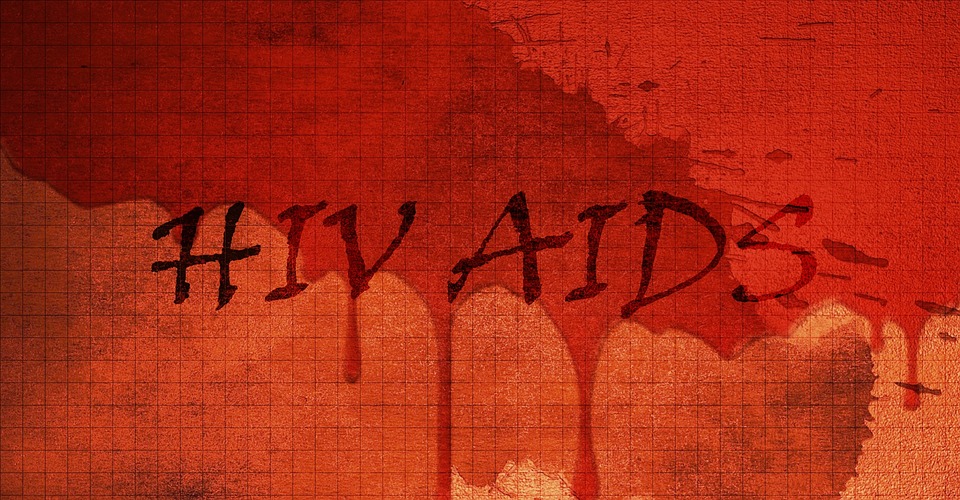As one of the world’s leading killer diseases, AIDS, along with its accompanying infectious microorganism, HIV, has proven to be extremely difficult to cure. However, a recent development in one of the AIDS/HIV cure tests might finally put an end to this dry spell. The vaccine has been proven safe enough to make it to the next stage of human trials.
This study is being conducted by Harvard researchers, who published their findings in The Lancet recently. Dr. Dan H. Barouch is one of the co-authors and principal investigators of the study, and he expressed cautious optimism about the results of their research. As a Harvard Medical School professor of medicine and the Center for Virology and Vaccine Research director, his opinion on such matters certainly has weight.
"I would say that we are pleased with these data so far, but we have to interpret the data cautiously," Dr. Barouch said. "We have to acknowledge that developing an HIV vaccine is an unprecedented challenge, and we will not know for sure whether this vaccine will protect humans."
As CNN notes, this development does not necessarily mean that the AIDS/HIV cure has been proven unequivocally effective. Rather, it has simply been proven to be safe enough to be tested on an even bigger batch of human subjects.
Reporting on developments like these is always a juggling feat, where the importance of progress needs to be tempered with the sobering facts. While it’s encouraging that HIV vaccine research is progressing, the next stage in human trials could prove that this particular cure is still ineffective. There have only been five vaccine concepts that have reached this point in over 35 years after all.
The trials are already underway right now with over 2,600 female test subjects in Africa. The ultimate goal is to find out whether this particular AIDS/HIV cure can actually provide protection to humans. So far, the best results that the researchers have gotten are traces of HIV antibodies in the subjects. This is not enough to provide concrete evidence that it works.



 China to Add Eli Lilly’s Mounjaro to National Health Insurance in 2025
China to Add Eli Lilly’s Mounjaro to National Health Insurance in 2025  California Jury Awards $40 Million in Johnson & Johnson Talc Cancer Lawsuit
California Jury Awards $40 Million in Johnson & Johnson Talc Cancer Lawsuit  TrumpRx.gov Highlights GLP-1 Drug Discounts but Offers Limited Savings for Most Americans
TrumpRx.gov Highlights GLP-1 Drug Discounts but Offers Limited Savings for Most Americans  Merck Raises Growth Outlook, Targets $70 Billion Revenue From New Drugs by Mid-2030s
Merck Raises Growth Outlook, Targets $70 Billion Revenue From New Drugs by Mid-2030s  Federal Appeals Court Blocks Trump-Era Hospital Drug Rebate Plan
Federal Appeals Court Blocks Trump-Era Hospital Drug Rebate Plan  Novo Nordisk Stock Surges After FDA Approves Wegovy Pill for Weight Loss
Novo Nordisk Stock Surges After FDA Approves Wegovy Pill for Weight Loss  Viking Therapeutics Sees Growing Strategic Interest in $150 Billion Weight-Loss Drug Market
Viking Therapeutics Sees Growing Strategic Interest in $150 Billion Weight-Loss Drug Market  Weight-Loss Drug Ads Take Over the Super Bowl as Pharma Embraces Direct-to-Consumer Marketing
Weight-Loss Drug Ads Take Over the Super Bowl as Pharma Embraces Direct-to-Consumer Marketing  FDA Says No Black Box Warning Planned for COVID-19 Vaccines Despite Safety Debate
FDA Says No Black Box Warning Planned for COVID-19 Vaccines Despite Safety Debate  Novo Nordisk and Eli Lilly Cut Obesity Drug Prices in China as Competition Intensifies
Novo Nordisk and Eli Lilly Cut Obesity Drug Prices in China as Competition Intensifies  Sanofi Gains China Approval for Myqorzo and Redemplo, Strengthening Rare Disease Portfolio
Sanofi Gains China Approval for Myqorzo and Redemplo, Strengthening Rare Disease Portfolio  Sanofi to Acquire Dynavax in $2.2 Billion Deal to Strengthen Vaccine Portfolio
Sanofi to Acquire Dynavax in $2.2 Billion Deal to Strengthen Vaccine Portfolio 































